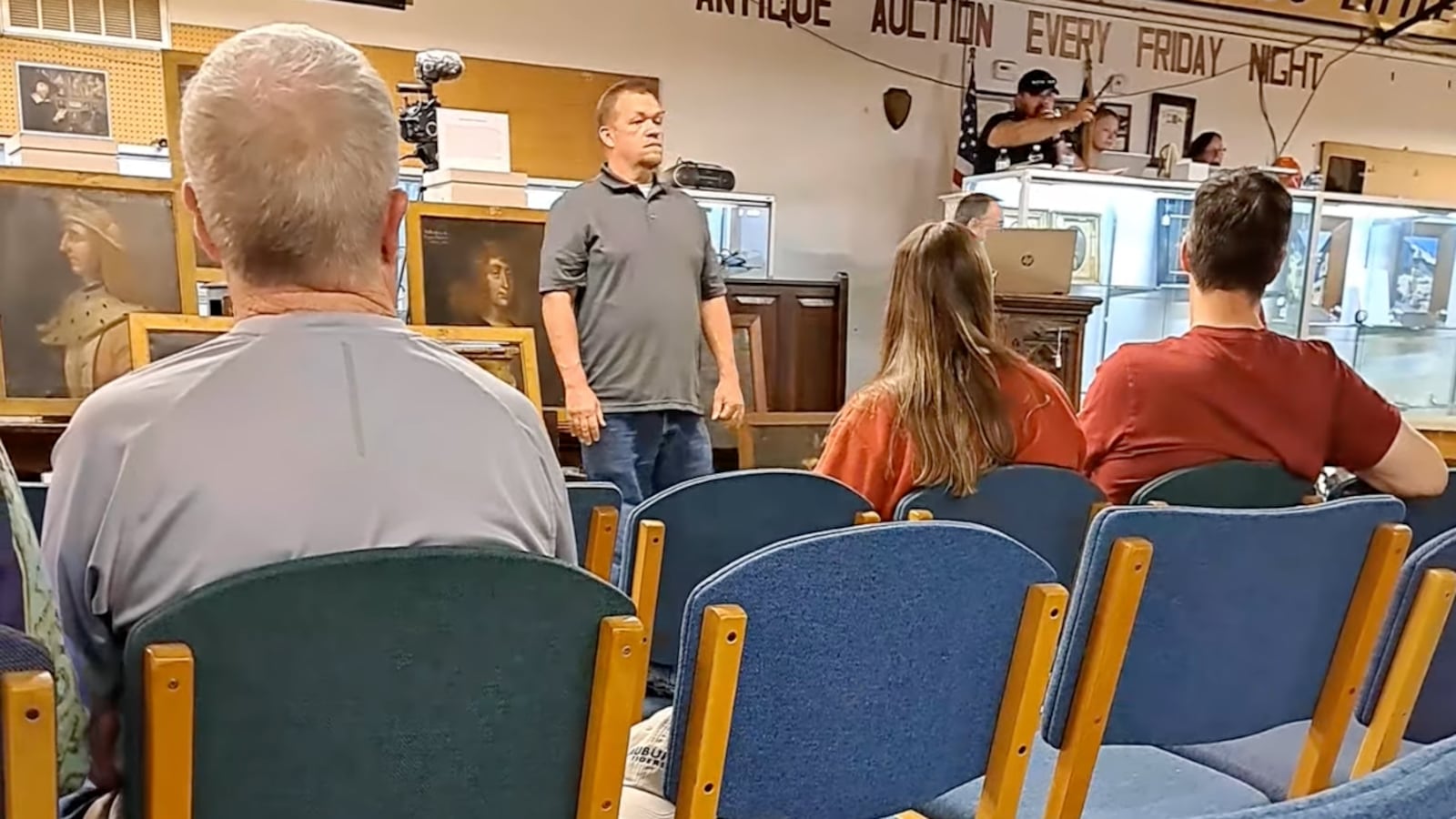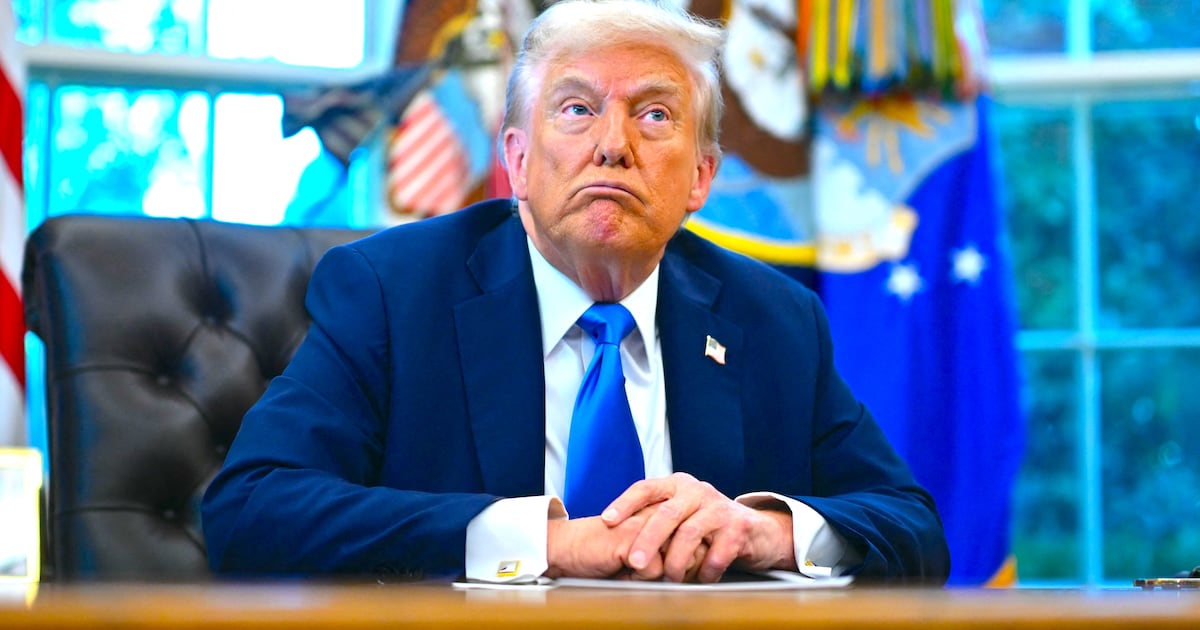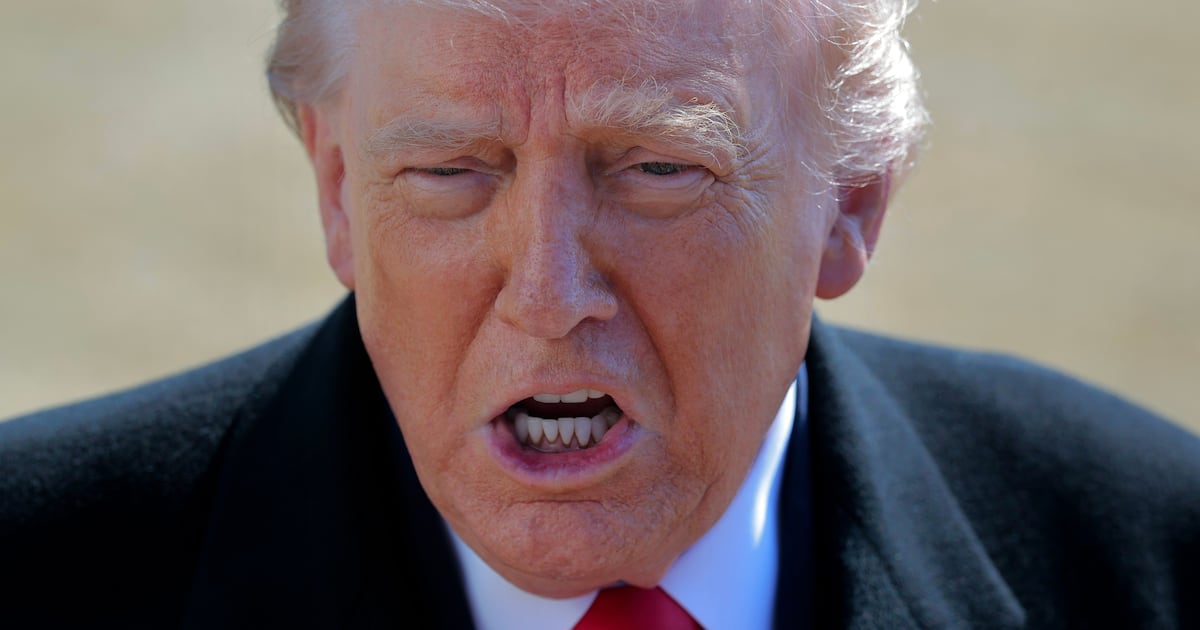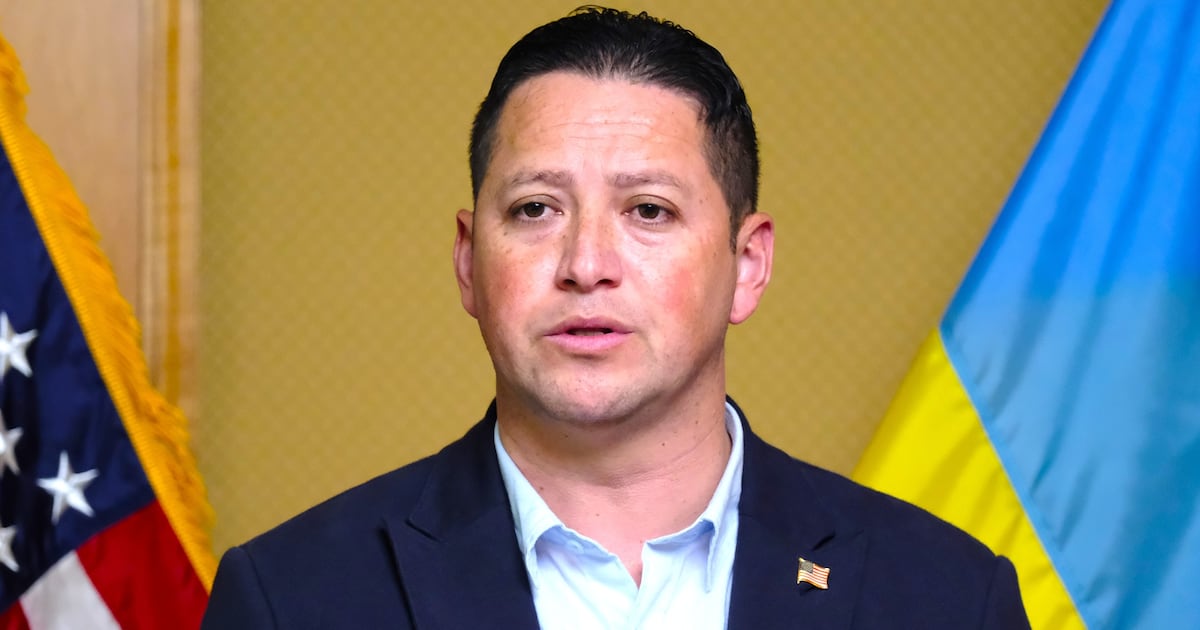A group of advocates for Native American heritage dramatically shut down the auction of a human skull just moments before it was about to go under the hammer in North Carolina over the weekend.
On Friday, Crystal Cavalier-Keck, an Indigenous advocate of the Occaneechi band of the Saponi tribe, uploaded a TikTok video about the Mebane Antique Auction Gallery in North Carolina listing a 600-year-old Indigenous skull for sale.
“There’s nothing that we can do about it in the state of North Carolina,” she said. “The bid is already up to $1,700.”
According to local outlet WRAL, the skull reached a bid of up to $1,900 online before the auction even began on Saturday.
“I think it’s disgusting that this owner of this art auction house is selling off bones of a Native American person,” Cavalier-Keck continued.
She said she wasn’t sure of the exact origins of the skull, but said it appeared to be that of a little girl and was part of an estate sale.
@cacavalier there is a auction of Native American bones... warning...picture of bones is in this photo.. #disgusting #nativeamerican #indigenous ♬ original sound - CA Cavalier
A spokesperson for the local sheriff’s office in Orange County told The News & Observer that they looked into the matter before Saturday after being contacted by state officials who had got wind of the sale, but they determined that the skull was too old to have violated recent laws barring the extraction, sale, or purchase of Native American remains. (Some experts disputed that interpretation of the laws.)
On Saturday, Cavalier-Keck uploaded more videos detailing her urgent mission to stop the sale of the skull.
“I just don’t know where the humanity of this person is that owns this business to be selling bones of people. Like, would you want somebody selling your ancestors’ bones?” she said in a video during an early morning drive to the auction house.
Protests rained down on the auction house before the event even began. The North Carolina Office of State Archaeology was contacted with concerns days beforehand, The News & Observer reported, and Indigenous tribes and advocacy groups piled into the gallery on the day of the auction. The attorney for a local tribe also contacted the auction house urging them to stop the sale.
Then, in the midst of the auctioneer shooting off other bids, the owner of the auction house suddenly announced to the room that the skull was no longer for sale, The News & Observer reported. In an interview with The Daily Beast, Cavalier-Keck said the item, which was sitting in a glass case without any cover to shield it from the public, was promptly removed and given to her so she could return it to tribal members in Canada, where the skull possibly originated.
“People could just stare at it. And so we wanted the remains to be covered to just show respect and dignity… Even though this is another nation, this is our relatives,” Cavalier-Keck said of Indigenous Canadians.
She said she spoke to a representative for Native American Graves Protection and Repatriation Act to assist on what to do with the skull and how to get it back to its proper owners.
According to The News & Observer, the owner of the skull, who now lives in North Carolina, purchased it in Canada during the 1960s. Cavalier-Keck told The Daily Beast the owner contacted the auction house because they were trying to downsize their estate, but they were open to returning the skull to its original owners after learning activists were at the sale.
“The original owner, to my understanding, wants to do what’s right with the remains and give them to the tribe it belongs to,” she said.

Other items up for auction.
Crystal Cavalier-KeckThe skull was not the only controversial item up for sale. Cavalier-Keck said there was artwork of an enslaved man, a Jim Crow-caricature figurine of a Black woman, Indigenous children’s moccasins, and alleged photos of Native American code-talkers. Though Cavalier-Keck’s mission was to stop the sale of the skull, she ended up winning the bid—$220—on Lakota Nation Ghost Dance regalia to prevent it from being culturally appropriated. (Cavalier-Keck’s husband, Jason Keck of Creole Choctaw Louisiana descent, told The Daily Beast that the regalia was worn in spiritual celebrations during a time when many Native Americans in the West were forced into assimilation. Sometimes, during the celebrations, the person wearing the attire would faint and die, and the regalia would usually be buried with the person or passed to other family members.)
“I just cannot imagine someone having that spiritual item in their house or then even trying to …wear it,” Cavalier-Keck said. “That is a very sacred item and no one should be touching it and definitely not wearing it.”
The Mebane Antique Auction Gallery did not immediately respond to The Daily Beast’s request for comment Wednesday.
However, in a comment to The News & Observer, gallery owner Jon Lambert claimed protesters were “trying to get attention.”
“The only reason I took it out of the sale yesterday is to satisfy these crazies,” he said, adding that he wasn’t even sure of the skull’s authenticity.
Cavalier-Keck said she only found out about the auction because a friend who’s an archaeologist in Mebane, Danny Gregory, alerted her.
She compared people purchasing human bones to people aspiring to be like Indiana Jones or the Tomb Raider.
“People want to grab a piece of the past. You see people grabbing, like, Egyptian artifacts or African artifacts. I guess they wanted to grab some Native American artifacts,” she said. “I don’t know, but I think it’s pretty creepy.”






